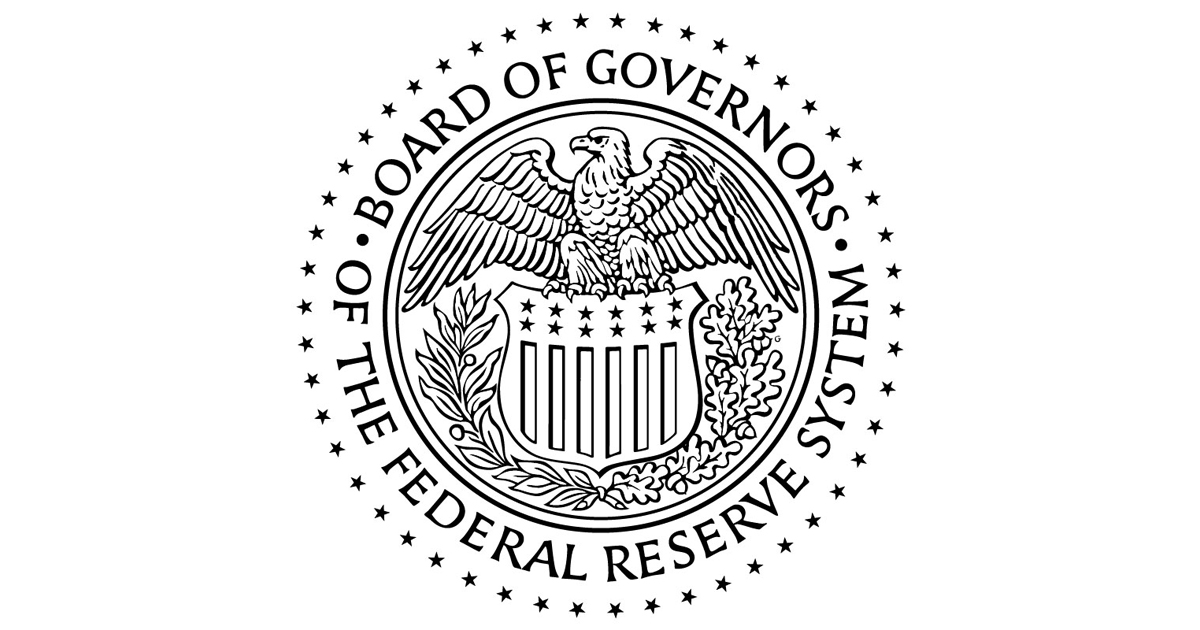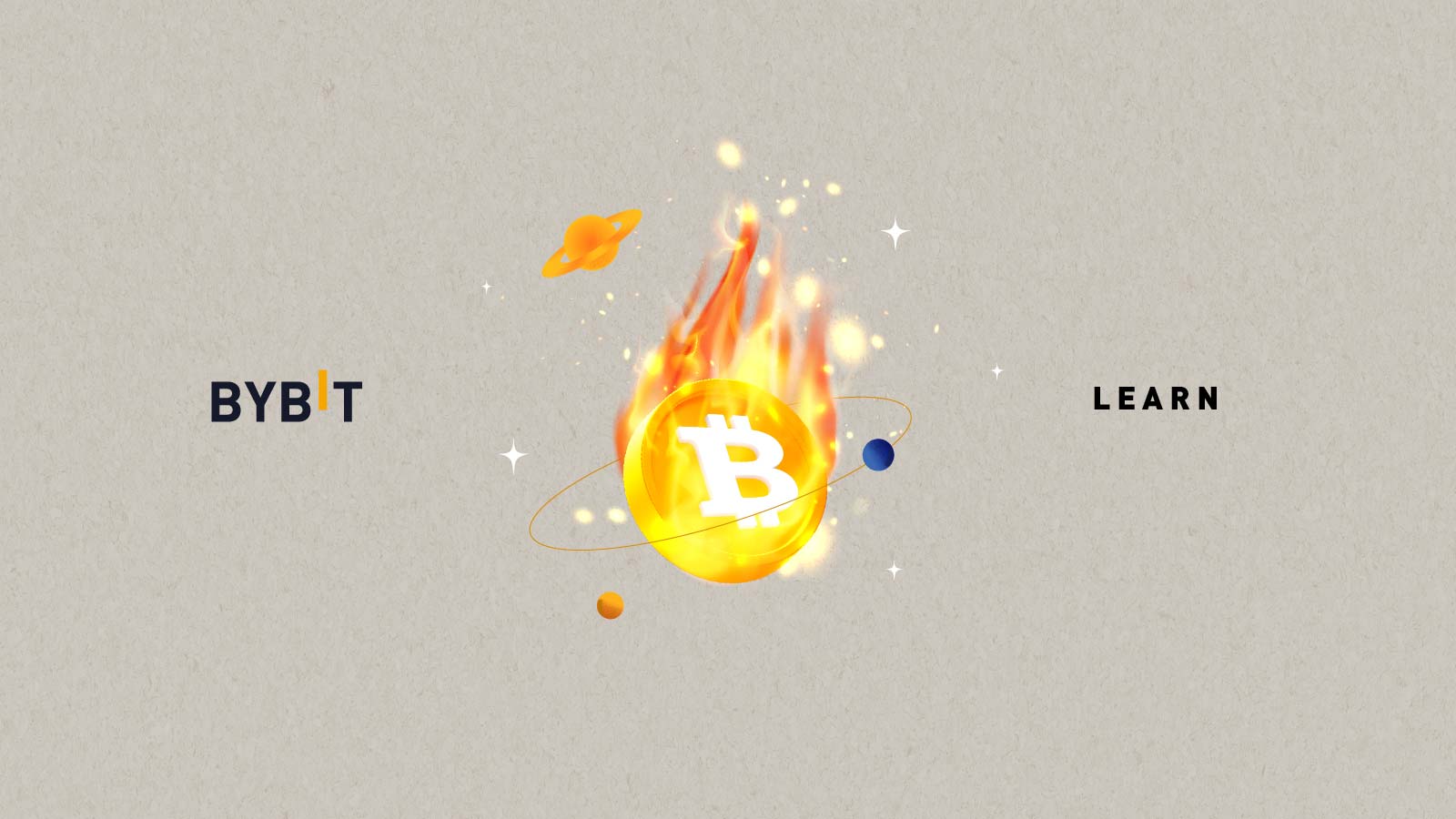The supply of crypto is regulated by math. Unlike dollar which is regulated by very fallible humans and have a history of greatly inflating the supply.
The supply of crypto is not regulated. It is fixed. The Great Depression was exacerbated to a huge degree by the world's being on the gold standard. The amount of gold is basically fixed. More is always being mined, but the amount is what it is. It cannot be adjusted when more or less is needed to fit economic conditions. Too much money chasing too few goods, or too little money being available to buy a surplus of goods, are
both disastrous to the economy. It was the latter that turned the great Depression from a bad thing into a disaster. It was
deflation, not inflation, that collapsed the economy during the Gread Depression. The supply of crypto is always growing slowly, but it cannot be adjusted to provide the right amount for the economic conditions. And in fact, a rapid rise in the value of money is as bad as a rapid fall. When the value of money rises (deflation) nobody invests (they don't need to because their money is going up in value) and the entire economy grinds to a halt.
As noted above, some governments are and/or have been bad at regulating the money supply. But an unregulated money supply is no better than an incompetent regulatory system.
... If a few more banks fall then people may see it as a hedge against suddenly risky bank deposits. ...
There is zero risk to bank deposits in the U.S. and other western nations. They are insured by the governments. The FDIC in the U.S. and similar agencies in other countries. SVB failed and the FDIC got
all depositors their money back.
Notably, SVB failed, NOT because of a bank run. There was no bank run on SVB. It failed due to bad management: SVB had a relatively small number of very large depositors, holding liquid accounts (i.e. SVB had an obligation to give them their money any time they wanted) and it put most of that money into long-term government bonds (i.e. it could not get its money on short notice except by selling those bonds.) When interest rates rose, the market value of the bonds went down. They were still entirely safe, but they were illiquid. SVB therefore did not have enough
available reserves to meet demands, and was insolvent. So the FDIC shut it down.
Nobody's deposits were at risk. The bank's stockholders lost, and I think the bank's bondholders as well. But not its depositors.
When a crypto exchange fails, the depositors lose everything.
Finally, when investors are looking for a safe place to put their money, they don't go to volatile, unsecured, fraud-riddled crypto. They go to Treasury bills and bonds. Conspiracy theorists who think the government is trying to create some sort of dystopia, or who believe the quasi-religious dogma that "government can't do anything right" go to crypto or to gold and silver. Ordinary investors go to Treasuries.
Nobody who knows anything at all about economics sees crypto as anything other than a high-risk speculation with the possibility of high rewards, or big losses.




